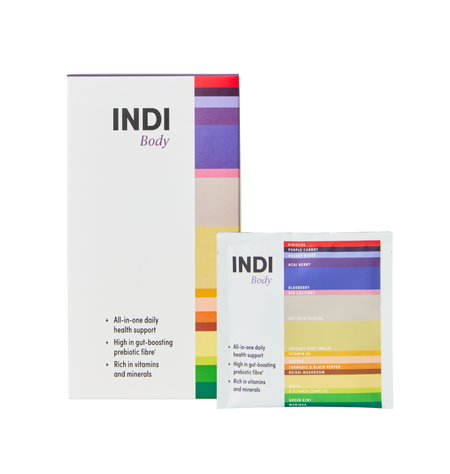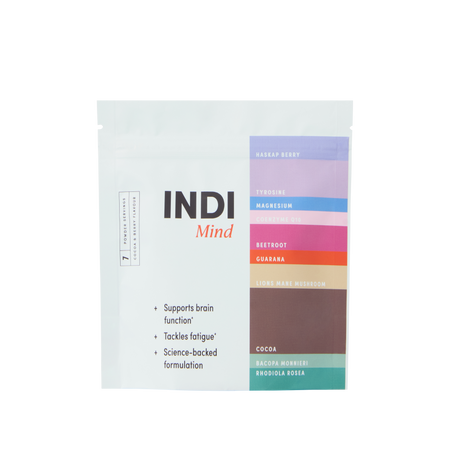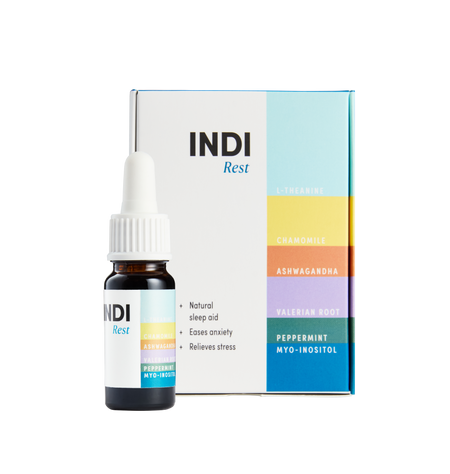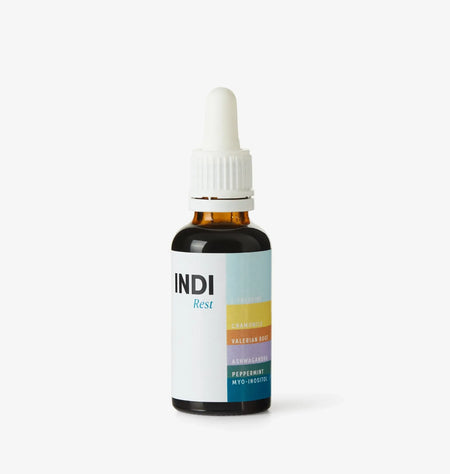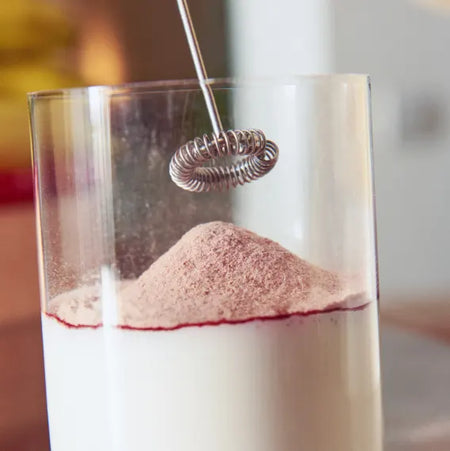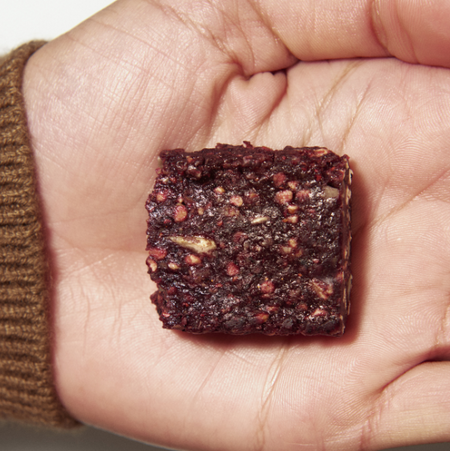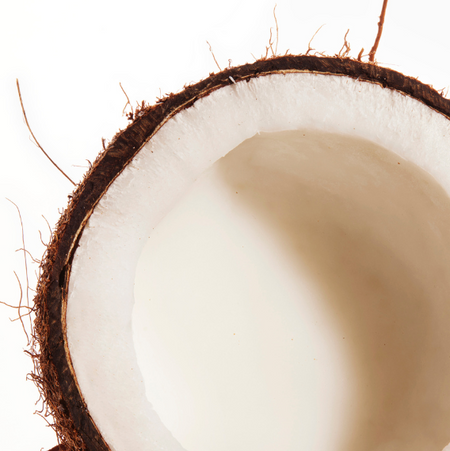WE KNOW SLEEP IS IMPORTANT, BUT WHY?
There are 3 main things that we all have to do every day to stay alive and thrive; breathe, eat and sleep. Of course moving, hydrating and connecting with other humans are also high up in the ranks but we often overlook the top 3. Sleeping is the only time our body can fully focus on repairing. The crucial function that sleep plays is to allow our body’s defence and repair systems to kick in and perform crucial tasks such as allowing our gut postbiotics to repair our gut lining, and our brain lymphatic system to basically wash and drain the waste products from our brain. Being well rested also affects your appetite making you less likely to crave energy dense sugary food and make healthier food choices.
HOW MUCH SLEEP DO WE NEED?
Current evidence suggests the ideal amount of sleep for most adults is between 7-9 hours. Children need more as they’re metabolically so active when they’re awake, and teenagers need more as they too undergo a period of rapid growth. We can usually tell when we’ve had a good night's sleep, as we feel rested, have improved cognitive ability, more physical energy and better mood. Unfortunately, there’s a lot of factors affecting our sleep and our busy lives mean we often don’t prioritise a good sleep routine.
HOW CAN WE IMPROVE OUR SLEEP?
Dietary and lifestyle factors can greatly impact our sleep, with the effects of alcohol on sleep disruption being well documented, as well as drinking caffeine in the afternoon and not eating enough nutritious food in the day. Joint pain, inflammation and headaches can wake us at night, all of which can be associated with a diet low in antioxidant polyphenols. For those who struggle to get to sleep, often working on reducing time in front of screens after 9pm and engaging in mindful practice to reduce stress and anxiety can work wonders. Simple changes like having a dark, quiet room and a cool temperature of around 20 degrees can help sleep quality too.
A CLOSING NOTE ON NUTRITION AND SLEEP
There are number specific foods and nutrients that directly and indirectly influence how well we sleep. Ashwagandha, can curb the stress hormone cortisol that often keeps us up at night, while others, like Valerian Root and Chamomile, act as natural sedatives and muscle relaxants to help us ease into a restful state in preparation for sleep. Making Rest drops part of your bedtime routine can help to support our bodies to decrease stress and inflammation, produce good amounts of serotonin and ease us into restful sleep.
“Every organ has a special function it can only perform whilst we sleep, so it’s really important for literally every aspect of our health.” – Dr Federica Amati PhD ANutr.
DR FEDERICA AMATI PHD ANUTR
Dr Federica Amati is a powerhouse of evidence-based knowledge and information. She holds a PhD in Clinical Medicine Research from Imperial College London and is a registered Nutritionist with the Association for Nutrition. She is also actively involved in nutrition, physical activity and mental wellbeing research at Imperial College London; and cardiometabolic health and COVID-19 and nutrition research with NNedPro, a global think tank founded at Cambridge University. Alongside her research and private client consultations, she is also Chief Nutrition Scientist for Indi Supplements.
